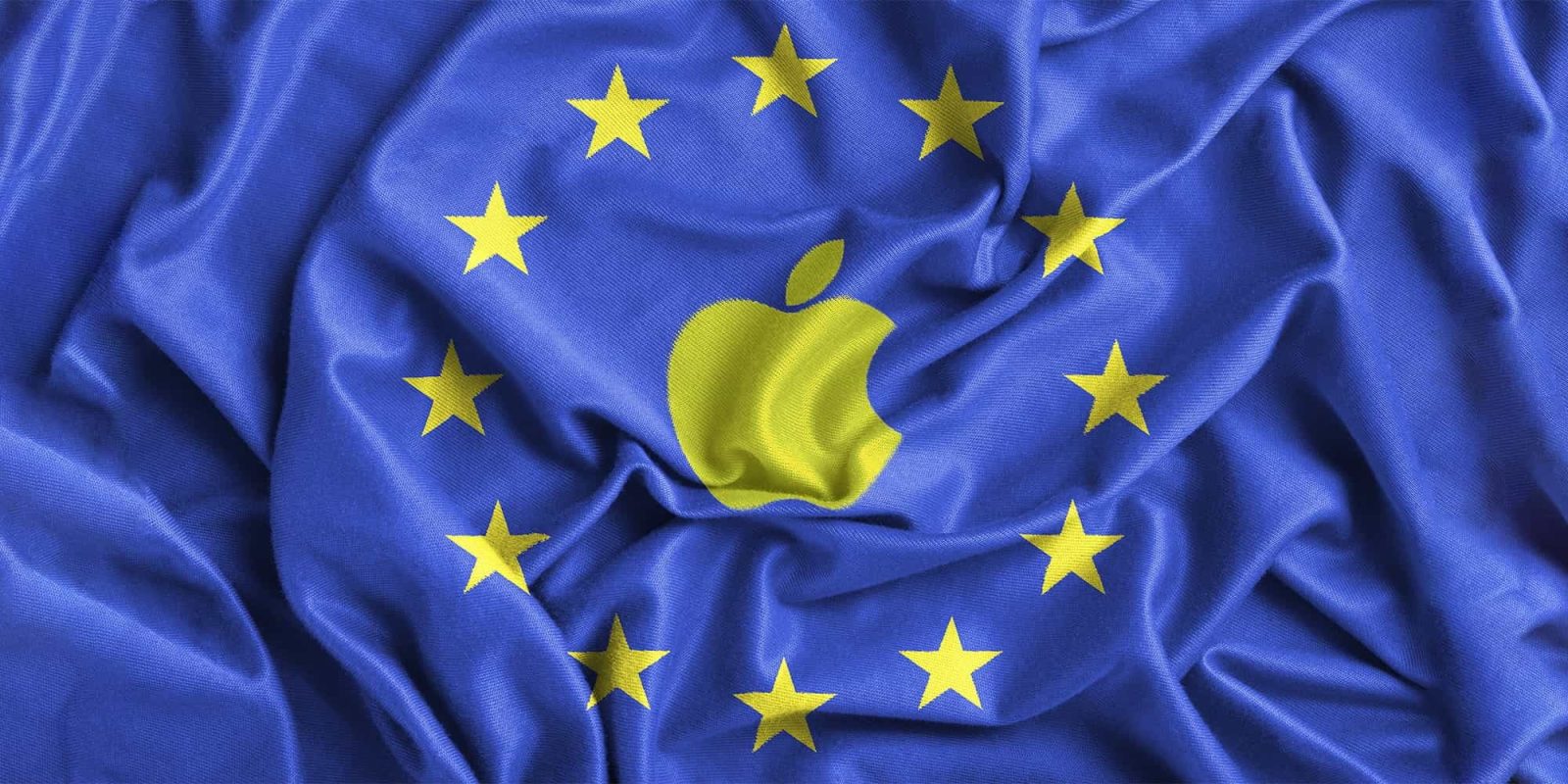
Update: Apple has provided this statement in response to the preliminary findings, saying that it is confident that its rules complies with the law:
“Throughout the past several months, Apple has made a number of changes to comply with the DMA in response to feedback from developers and the European Commission. We are confident our plan complies with the law, and estimate more than 99% of developers would pay the same or less in fees to Apple under the new business terms we created. All developers doing business in the EU on the App Store have the opportunity to utilize the capabilities that we have introduced, including the ability to direct app users to the web to complete purchases at a very competitive rate. As we have done routinely, we will continue to listen and engage with the European Commission.”
From earlier today: The European Commission has formally announced today its preliminary view that Apple is in breach of the Digital Markets Act, surrounding App Store anti-steering rules.
Additionally, the commission is also officially investigating Apple’s ‘alternative business terms’ that allow app developers to release apps outside of the App Store. This includes whether the Core Technology Fee per-install payment structure, and how many steps it takes to allow and install an app marketplace, are in compliance with the DMA rules.
The preliminary decision on anti-steering now gives time for Apple to officially respond, before the Commission makes its final judgment. If Apple was found to be in breach, as alleged, it could face fines up to 10% of the company’s worldwide revenue. A final decision is due by March 2025.
Specifically, the European Commission says the Digital Markets Act enforces that developers distributing apps through the Apple App Store should be allowed to inform customers of alternative purchase options, direct them to those offers and make those purchases — free of charge.
The Commission contends that Apple’s current App Store rules do not allow for that activity. Developers using the normal App Store contract are not allowed to advertise pricing or alternative distribution channels inside their apps.
The clause that allows developers to include a link to a web page is also not seen as sufficient, as Apple imposes several restrictions on the behavior of the link. Purchases made through link outs are also subject to a hefty commission, including any purchases of digital goods made within seven days of the user following a link from inside the app.
The Commission says Apple may charge a fee for facilitating “the initial acquisition of a new customer” via the App Store, but it essentially cannot charge for each ongoing transaction.
Separately to the above, the Commission is opening a new non-compliance investigation into the alternative business terms, the contractual terms that dictate how an app developer can use third-party app marketplaces or web distribution. This includes the Core Technology Fee, which is a 50 euro cent fee paid per install per year. The Commission is investigating whether the CTF is fair and in compliance with the DMA.
The commission is also looking at the “multi-step user journey” involved in downloading and installing an alternative app marketplace, or app. This suggests the commission thinks the process is unnecessarily arduous for users to complete. Finally, it is also looking at the eligibility requirements for developers to be allowed to offer their apps outside of the App Store. These rules include requirements like having previously been a member of good standing for two years or more.
In a statement to press, Margrethe Vestager, head of EU competition policy said “The developers’ community and consumers are eager to offer alternatives to the App Store. We will investigate to ensure Apple does not undermine these efforts”.
FTC: We use income earning auto affiliate links. More.



Comments